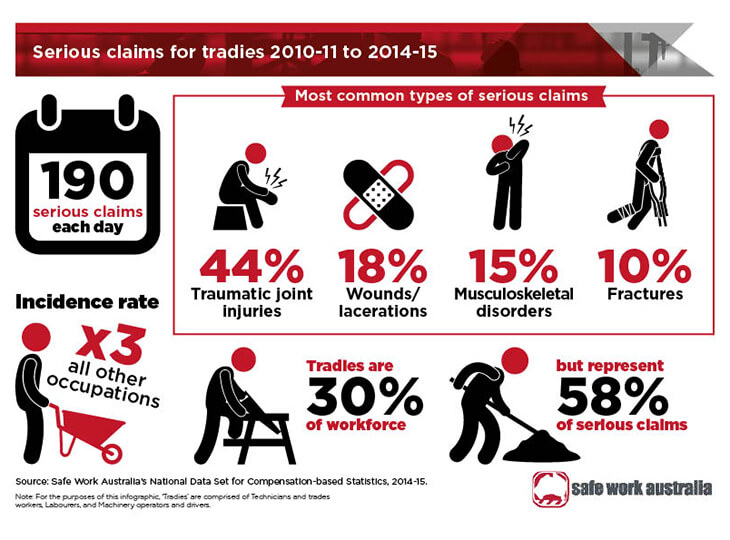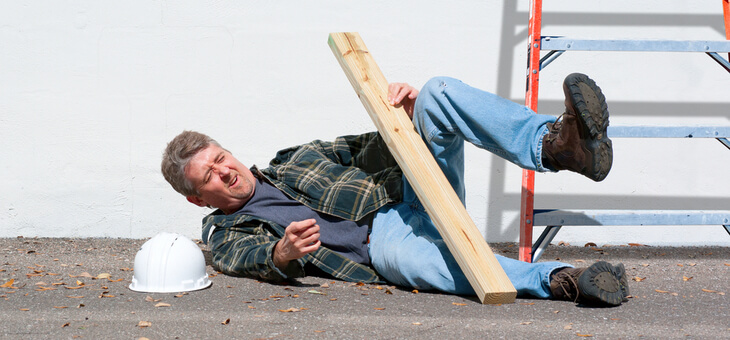Paul is confused about the rules around public liability insurance and having workers on his property.
—
Q. Paul
Like most people, we occasionally hire people for short-term work around the house. Are they covered by our insurance? If so, how? Are there circumstances where they are not?
I was told that there is a difference depending on whether the workers are contractors or handymen, but I can’t find anything in my policy that mentions that. The PDS (product disclosure statement) that I have read only refers to public liability for up to $20 million. But does that include tradies/handymen? What about their workers’ comp or wage coverage? Are you the employer or not?
Read: Your default super cover could be lacking
Calls to insurance staff are met with no definitive answer and are verbal-only responses.
From my phone calls to my insurance company and another, I am very worried about their replies and the lack of clarity from all sources including their website.
Are you able to provide any answers?
Read: Good news on crime and your insurance costs
A. You are right to be concerned about this as tradies do have among the highest serious injury and disease compensation claims in Australia, according to Safe Work Australia data.

Property owners do have an obligation to ensure that people who visit their property are safe and if a third party injures themselves while on your property, they may be able to bring a claim against you for their injury.
It is incumbent on property owners to take reasonable steps to ensure their property is free from hazards and provide a safe environment. If they fail in this duty, then they may be liable for any injuries that are caused.
Read: Aussies driving less could be paying too much for car insurance
While your standard policy provides protection for visitors who are injured while on your property, the rules are slightly different when you have workers who are performing a service for a fee on your property.
Each insurance policy is different when it comes to this, however, most will not cover third parties who are classified as workers on your property.
It also depends on the type of work the person is doing. A cleaner, gardener or pool maintenance person, for example, will be classed as a worker under workers’ compensation legislation if they provide their labour only and you provide them with the materials necessary for the job (or there are no materials necessary for the job.
For these types of worker, you could be held liable for not providing a safe working environment if an accident occurs.
If, however, the person provides the equipment and materials to do the job, like most tradies working on your property, then they are likely to be classified as a contractor and not a worker.
If contractors sustain an injury, they are likely to hold their own insurance, or they could be covered under their employer’s workers’ compensation insurance.
According to Gouldson Legal, a homeowner may still be liable for a tradesperson’s injury if:
- they fail to identify potential hazards that are likely to cause injury
- fail to warn the tradesperson of these potential hazards
- there is a hazard likely to cause injury that they should have been aware of.
Examples of these hazards could be a loose step, an unstable balcony or an aggressive dog.
Were you aware that workers on your property may not be covered by public liability insurance? Have you ever been sued after a tradie sustained an injury while working on your property? What happened? Why not share your thoughts in the comments section below?
If you enjoy our content, don’t keep it to yourself. Share our free eNews with your friends and encourage them to sign up.

